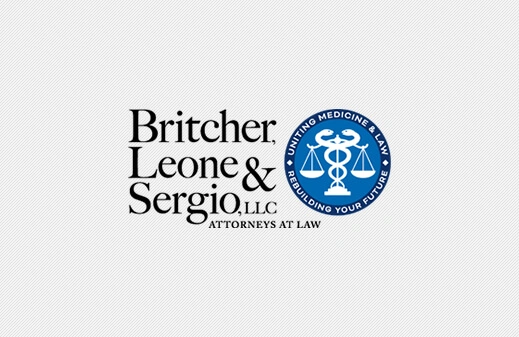
CANCER, LUNG CANCER | December 23, 2025
The U.S. has been experiencing a shortage of primary care physicians (family medicine, pediatricians, geriatricians) as medical school graduates go after specialties that pay more.
Traumatic brain injuries (TBIs) are the most frequent cause of hospitalization in young people and the leading cause of disability and mortality for those ages 1 to 45. Over 100,000 children are treated annually for sport and recreation related TBIs and over 5 million Americans suffer from a TBI every single year.
With these numbers, it is no surprise that medical professionals call TBIs a “major public health problem.” We are taking steps to help address the problem and learning more about the full impact of these injuries. One emerging area is the connection between a TBI and other organ systems within the body.
Before we dive into the connection between TBIs and other organ functions, it is important to understand what causes these injuries. These types of injuries are commonly caused by car crashes, falls, and participation in various sports.
A recent publication in the Journal of the American Medical Association (JAMA) dug into the connection. The article focuses specifically on the likelihood of acute extracranial multiorgan dysfunction after a TBI. The researchers reviewed data from over 4,000 patients and found that those with mild to severe TBI had an increased risk of:
This association was true in both older and younger patients. The researchers with the study note that there are some limitations to the findings. Most notably, these patients often experienced multiple traumas and other factors may have contributed to these increased risks.
Even with these limitations, the information is important for those who suffer from mild, moderate, or serious TBIs after a car crash. Because the symptoms are insidious, being evaluated by an appropriate neurologist or neuropsychologist may be necessary to identify problems and coping mechanisms. Researchers with the study specifically point out that this is of high importance for younger victims who may have a higher autonomic and inflammatory response to injury. This can make it more likely the suffer long term, multi-organ effect after a TBI.
This article shows that these victims are more likely to suffer from serious health issues well after the wreck. This provides support that victims are wise to consider future medical needs when navigating a civil claim to hold the responsible driver accountable for the financial impact of the crash.
Related Posts